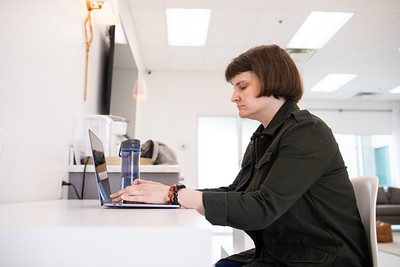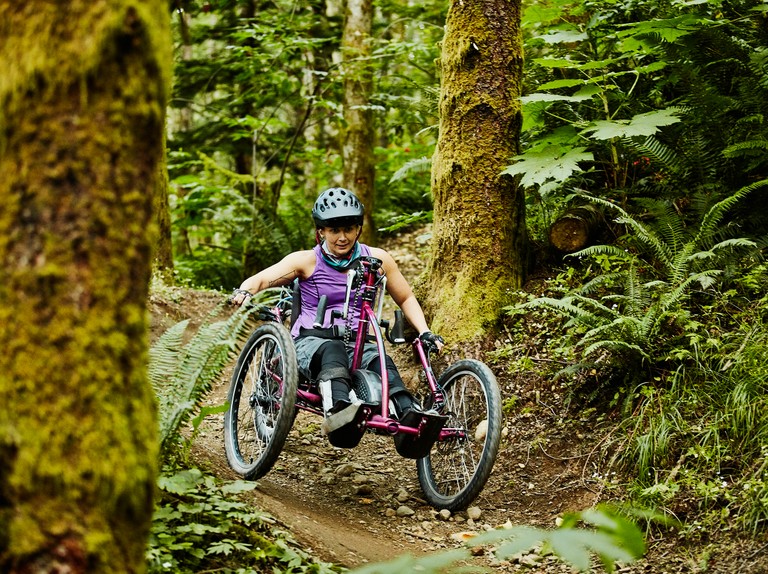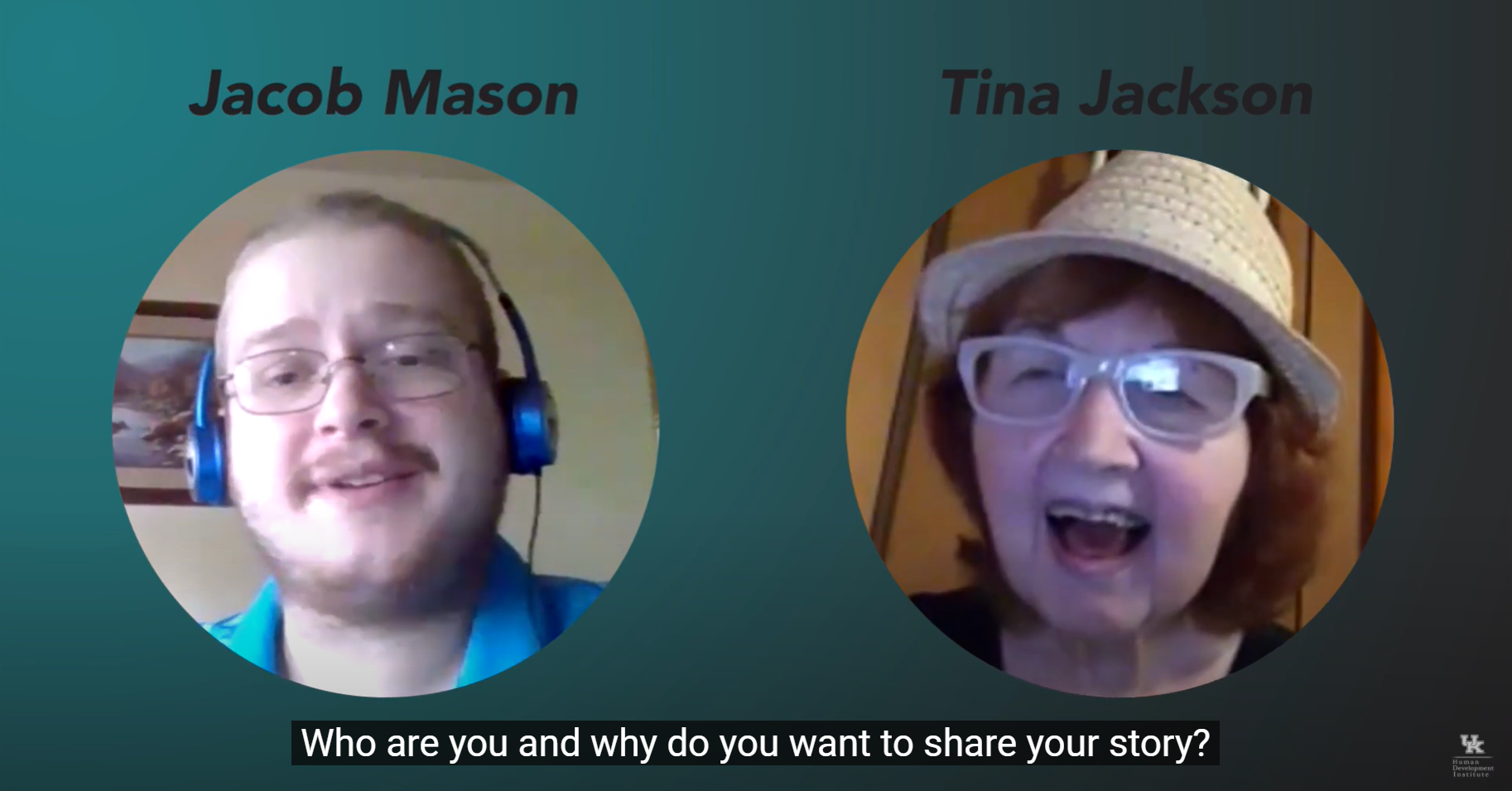Tag: Fund for Excellence
-

Fund for Excellence Projects Awarded
The University of Kentucky Human Development Institute Fund for Excellence was created to support the development of innovative programs, services, or products to address the needs of individuals with disabilities […]
-

UK HDI Fund for Excellence Award to fund Bluegrass Mountain Biking Accessibility Initiative
Kentuckians will soon have access to an adaptive mountain biking trail, thanks in part to an internal grant funded by the UK Human Development Institute. The trail, to be built […]
-

HDI Launches Storytelling Website
The University of Kentucky Human Development Institute Digital Storytelling Initiative highlights the stories and lived experiences of people with disabilities. By recording and collecting stories, the contributions of people with disabilities […]
